Signs of the Times • 13 July 2016 • No. 81
¶ Processional. “Ella’s Song,” Sweet Honey in the Rock.
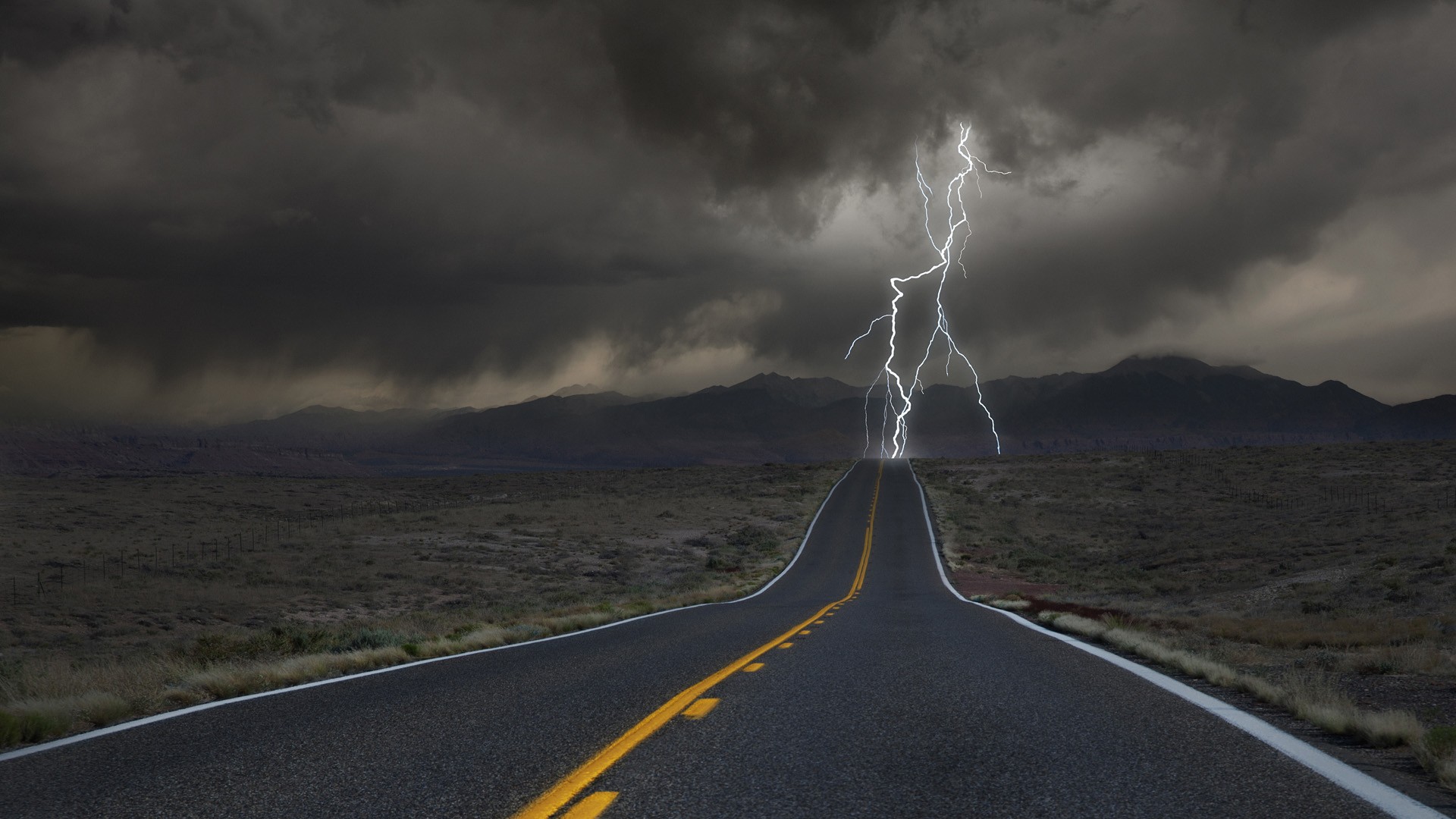
¶ Call to worship. “If blood will flow when flesh and steel are one / Drying in the color of the evening sun / Tomorrow's rain will wash the stains away ‘ But something in our minds will always stay ‘ Perhaps this final act was meant / To clinch a lifetime's argument / That nothing comes from violence and nothing ever could.” —Sting, “Fragile,” performed with Yo-Yo Ma, Chris Botti and Dominic Miller (Thanks Garth)
¶ Invocation. “You may write me down in history / with your bitter, twisted lies. / You may trod me in the very dirt, / but still, like dust, I'll rise.” —Maya Angelou, "Still I Rise," National Public Radio (Listen to Angelou reading and/or read the text.)
¶ Good news. “The number of Black farmers in the United States is suddenly growing again. In 2012, there were  more than 44,000 of them, up about 15 percent from 10 years earlier.” —Sylvia Harvey, “The Resurgence of Black Farmers," Yes! Magazine
more than 44,000 of them, up about 15 percent from 10 years earlier.” —Sylvia Harvey, “The Resurgence of Black Farmers," Yes! Magazine
¶ At right, Ieshia Evans, a nurse and mother of two, arrested during the Black Lives Matter demonstration following Alton Stirling's killing by police. Photo by Jonathan Bachman, Reuters. For more information on this photo, see Catherine Thorbecke, “The Story Behind the Striking Photo of a Woman in a Dress Next to Armed Police in Baton Rouge,” ABC News.
¶ "If I love you, I have to make you conscious of things you do not see." —James Baldwin
¶ “‘Put those damn weapons down. I’m not going to tell you again, goddamn it. Get those goddamn weapons down.’ That was the first command of one of Louisiana’s most revered figures, General Russell Honore, when he arrived in New Orleans in 2005 to direct the military recovery after Hurricane Katrina. The General’s directions have not been followed in Baton Rouge. . . . When [in 2014] Ferguson police showed a militarized response to protestors, General Honore was again plainspoken. ‘Any time we have policemen pointing weapons at American citizens, they need to go through retraining.’” —Bill Quigley, “Baton Rouge: ‘Put Those Damn Weapons Down,'” Huffington Post
¶ Hymn of praise. “Venite exultemus Domine” (“Come let us praise the Lord”), William Byrd, performed by Quite 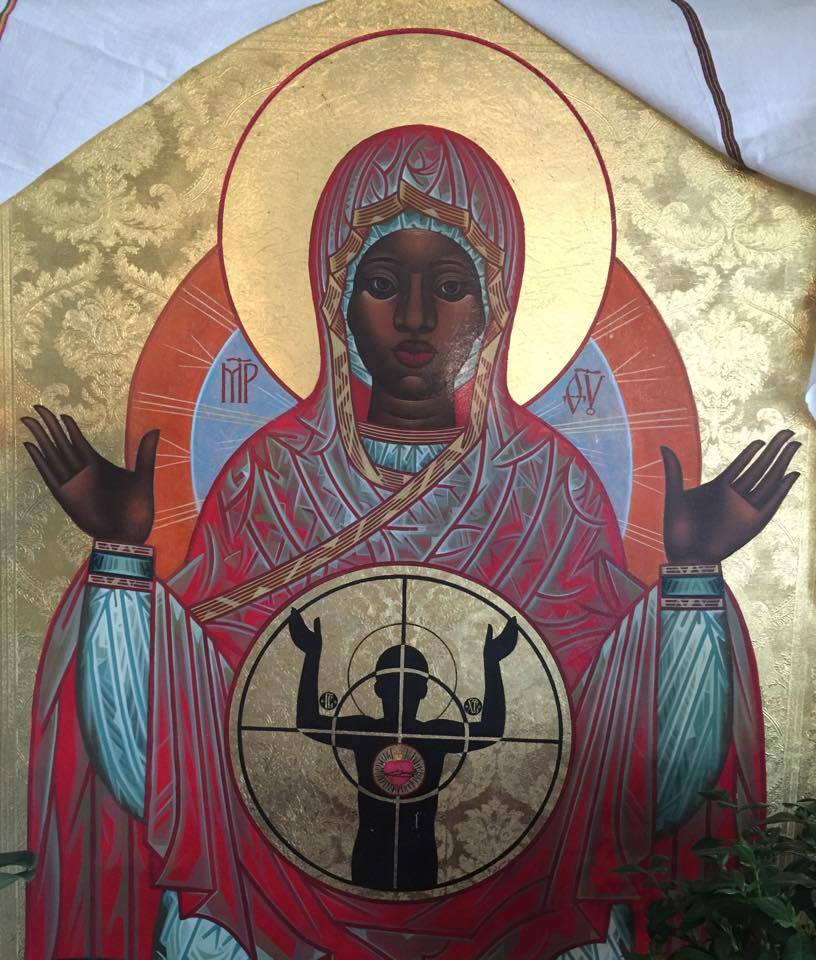 Cleveland. (Thanks Roy.)
Cleveland. (Thanks Roy.)
¶ “The [Black Lives Matter] demonstrators didn't block the bridge because they don't care about the law. They blocked it because they still do.” —read more of David Waters’ "A bridge in Memphis becomes a symbol of deep divide, deeper wish to unite," in the Memphis Commercial Appeal, where interim police chief Michael Rallings joined the march which shut down part of Interstate 40
Left, "Our Lady, Mother of Ferguson" by Mark Dukes.
¶ This is amazing! Innocent black man befriends the crooked cop who framed him and sent him to Jail for four years! —CBS News (3:00 video. Thanks Dan.)
¶ Good long read. For those interested in the history of racial discourse, Julian E. Zelizer’s “Fifty Years Ago, the Government Said Black Lives Matter” has a detailed account of the political maneuvering behind the crafting and release of the 1968 Kerner Commission report that sought to analyze the causes of race riots that rocked the nation in the summer of 1967. Zelizer’s article serves as the introduction to Princeton University Press’ 2016 edition of The Kerner Report: The National Advisory Commission on Civil Disorders.
¶ “I want the Dallas Police Department to see I support you. I defend you. I will care for you. That doesn’t mean I will not fear you. That doesn’t mean that when you approach me, I will not have a visceral reaction and start worrying about my personal safety.” — Parkland Memorial Hospital trauma surgeon Dr. Brian H. Williams, an African American who treated Dallas police officers shot by a sniper on 7 July, recounting his own tense moments from earlier encounters with police, in Elahe Izade, The Washington Post
¶ Hopeful news. “A group of former senior military officials and veterans, including Gens. David Petraeus and Stanley McChrystal, have launched a veteran-focused gun law initiative. The initiative, Veterans Coalition for Common Sense, is spearheaded by Capt. Mark Kelly, a former Navy combat pilot and astronaut whose wife, Rep. Gabby Giffords, D-Ariz., was the target of an assassination attempt in 2011.” —Alex Horton, Stars and Stripes (Thanks Dan.) 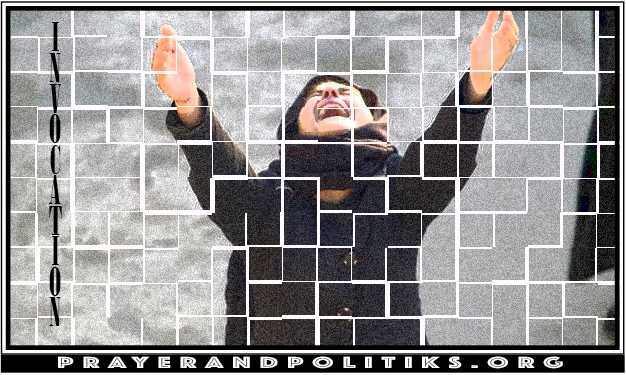
¶ Make America brutal again. Donald Trump’s election campaign comments superimposed over video from lunch counter sit-ins in the 1960s. (It's pretty stark.)
¶ Confession. “When the night has come / And the land is dark / And the moon is the only light we'll see / No I won't be afraid / Oh, I won't be afraid / Just as long as you stand, stand by me.” —Tracy Chapman, “Stand By Me”
¶ We are largely unaware of the conflict and competing demands in our nation between our political and economic values, between democracy and corporate (largely-unregulated) capitalism. Where the former aims at a place for all at the table of bounty, the latter favors a kind of social Darwinism, survival-of-the-fittest logic that brooks no values other than market efficiency. The metric of profit in the former focuses on shared human rights; the latter, on exclusive property rights, rendered vividly with chilling effect on our Republic in the 2010 “Citizens United” Supreme Court decision which bestowed personhood on corporations. —Ken Sehested
For further analysis, see Mark Blyth, “Capitalism in Crisis,” Foreign Affairs.
 ¶ Bumper sticker prophecy. “I’ll believe corporations are people when Texas executes one.”
¶ Bumper sticker prophecy. “I’ll believe corporations are people when Texas executes one.”
¶ Hymn of lamentation. “Melody from Orpheus and Eurydice,” performed by Dimitry Olevsky, violin, and Harout Senederemian, piano.
Chaplain Alan Wright “didn’t know what he’d find in the emergency room” after racing to a Dallas hospital on 7 July in response to reports of casualties from sniper fire aimed at police escorting a “Black Lives Matter” march. Two days later he burst into tears during worship while listening to a rendition of Christoph W. Gluck’s “Melody from Orpheus and Eurydice.” (Ironically, in the recording noted above, you can briefly and faintly hear a siren in the background.) —Religion News Service
¶ Words of assurance. “His Eye is on the Sparrow,” a bluesy rendition by Lauryn Hill and Tanya Blount of the traditional revivalist song of the early 20th century.
¶ For the beauty of the earth. 35 seconds of spectacular photos of unusual birds. —“Wonders of the world” (Thanks, Susan.)
¶ Preach it. “Intercessory prayer is spiritual defiance of what is in the name of what God has promised. Intercession 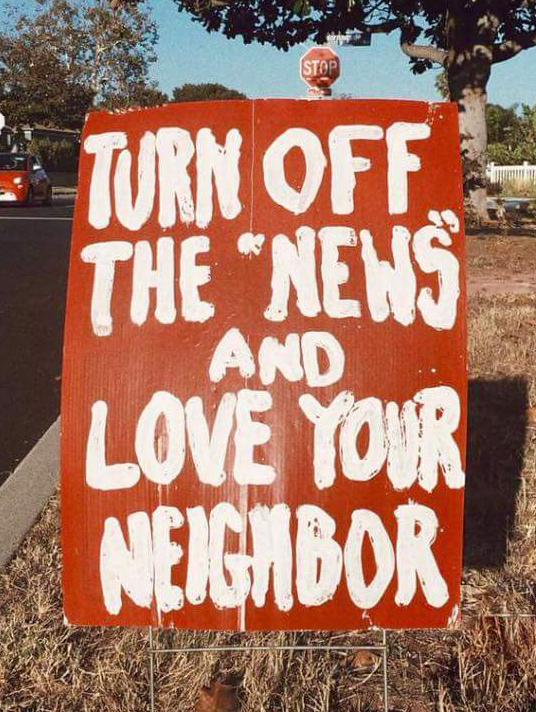 visualizes an alternative future to the one apparently fated by the momentum of current forces. Prayer infuses the air of a time yet to be into the suffocating atmosphere of the present. . . . This is the politics of hope. Hope envisages its future and then acts as if that future is now irresistible, thus helping to create the reality for which it longs.” —Walter Wink, The Powers that Be: Theology for a New Millennium. Here’s a link for a longer excerpt on intercessory prayer.
visualizes an alternative future to the one apparently fated by the momentum of current forces. Prayer infuses the air of a time yet to be into the suffocating atmosphere of the present. . . . This is the politics of hope. Hope envisages its future and then acts as if that future is now irresistible, thus helping to create the reality for which it longs.” —Walter Wink, The Powers that Be: Theology for a New Millennium. Here’s a link for a longer excerpt on intercessory prayer.
¶ “Put another way, what passes for the news is often enough closer to a horror movie in which, just around the next corner, another nightmare is readying itself to leap out and scare you to death. Maybe it’s not what you really want to see, but once it starts, you can’t take your eyes off it. And that’s the point.” —Tom Engelhardt, TomDisptach
¶ Call to the table. Let yourself be wrapped in “the ties that bind but do not strangle, the lover’s reach which does not entangle, the wing that shadows but never wrangles.” —continue reading Ken’s Sehested’s “Prayers while throwing stuff: Pondering grief from Baghdad to Baton Rouge, Medina to Minneapolis, Dhaka to Dallas”
¶ In a 22 April address at Rice University in Houston, Texas, US Secretary of State John Kerry said “religious communities can play a role in achieving foreign policy goals around the world. Invoking religion in an unusually direct manner, Kerry said understanding the importance of faith is essential in diplomacy and working with religious leaders can help solve complex problems in foreign countries. ‘The more we understand religion and the better able we are as a result to engage religious actors, the more effective our diplomacy will be in advancing the interests and values of our people.’” Early in his term, in 2013, Kerry established an Office of Religion and Global Affairs. —Carol Morello, Washington Post 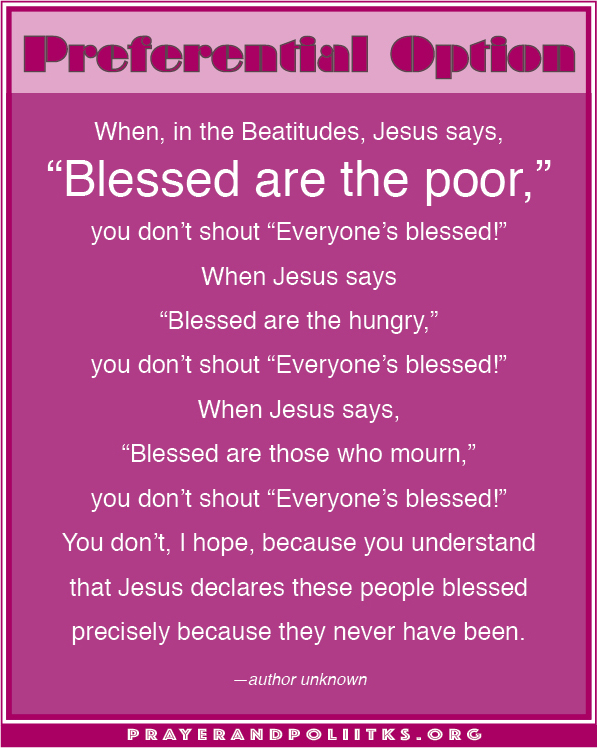
¶ Altar call. “Give Me Jesus,” Wartburg Choir.
¶ “Cubans weigh in on Obama,” a video (1:42) from AJ+.
¶ A resolution drafted by Ken Sehested in support of continued normalization of diplomatic ties between the US and Cuba was recent approved by the United Church of Christ (UCC) Southern Conference. The statement, “Bring Down the Wall in the Caribbean,” will be forwarded for deliberation at next summer’s biennial General Synod meeting in Baltimore.
¶ A key purpose for this prayer&politiks site involves addressing the confusion surrounding the English word “politics,” commonly used in contradictory ways which confound our notions about spirituality. (If you haven’t read the “what is ‘politiks’?” column, I encourage you to do so.)
Here is a recent example of this conundrum, in a brief article by a Croatian journalist regarding the European refugee crisis.
In the first paragraph, Elvis Džafić writes, “The solution needs to be political in order for us to see the end of the suffering of innocent people.”
However, in the third paragraph he says, “It would be great to see the church speak louder about this crisis and on the behalf of the people who need help instead of politicizing it.”
¶ Benediction. “Happiness is a life nourished by the love and goodness of God that contributes to the flourishing of creation. Even in the face of evil, rejection and suffering, a person who has learned to love well will experience 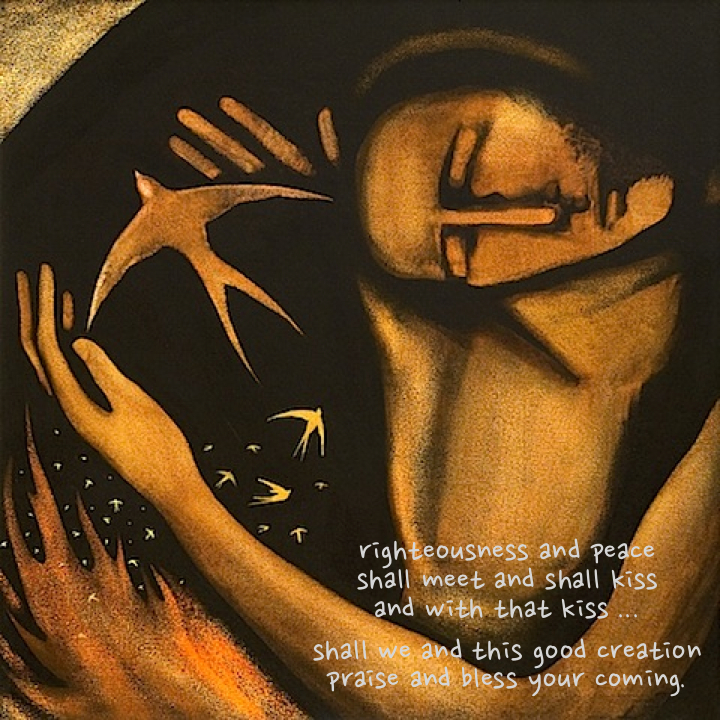 pleasure and satisfaction from being herself—a person built from the loving use of God-given creativity, power and goodness. When that goodness takes up residence in us we realize that we are the living image of God, and that makes us happy.” —Ellen T. Charry, “Happy pursuits: A Christian vision of the good life,” Christian Century
pleasure and satisfaction from being herself—a person built from the loving use of God-given creativity, power and goodness. When that goodness takes up residence in us we realize that we are the living image of God, and that makes us happy.” —Ellen T. Charry, “Happy pursuits: A Christian vision of the good life,” Christian Century
Right. “The Rescuer” by Michael D. O’Brien
¶ Recessional. Ukele Group from Wellington Girls’ College and Wellington College, New Zealand.
¶ Lectionary for Sunday next. “All glory to you, Gracious One, who smiles on the earth, restoring the fortunes of our ancestors. / In your presence, the weight of shame is lifted, and we are drenched in pardon. / The cooling of your anger lifts mist into the air, and the fields drink their fill. / Restore us again, Savior and Friend; revive us to the joy of unyielding fidelity and steadfast love.” —continue reading Ken Sehested’s “Justice and peace will kiss”
¶ Just for fun. “Rolling in My Sweet Baby’s Arms,” performed by a who’s-who of award-winning bluegrass musicians, including John Hartford, Del McCoury, Jerry Douglas, Alison Krauss, Stuart Duncan, Tony Rice, Sam Bush, Mark O´Connor.
# # #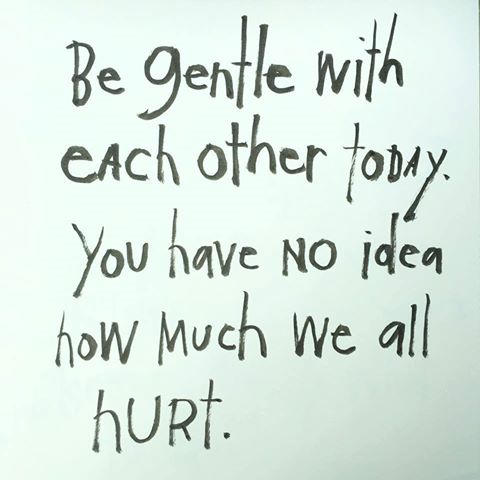
Featured this week on prayer&politiks
• “Prayers while throwing stuff: Pondering grief from Baghdad to Baton Rouge, Medina to Minneapolis, Dhaka to Dallas”
• “Justice and peace will kiss,” a litany for worship inspired by Psalm 85
Left: StoryPeople by Brian Andreas
©Ken Sehested @ prayerandpolitiks.org. Language not otherwise indicated above is that of the editor. Don’t let the “copyright” notice keep you from circulating material you find here (and elsewhere in this site). Reprint permission is hereby granted in advance for noncommercial purposes.
Your comments are always welcomed. If you have news, views, notes or quotes to add to the list above, please do. If you like what you read, pass this along to your friends. You can reach me directly at kensehested@prayerandpolitiks.org.
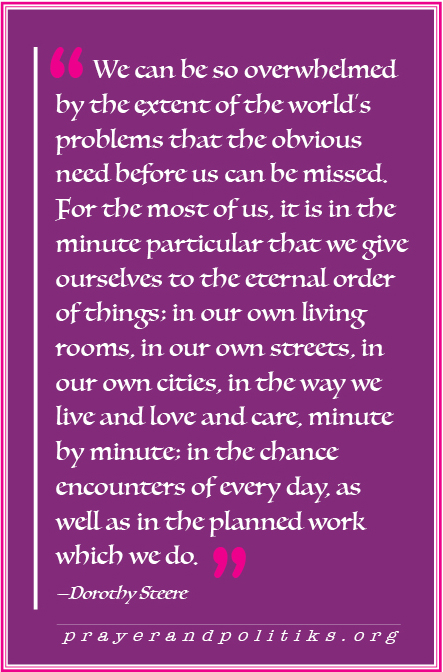 you, but I am a conservative Christian from St. Louis here with my family and I could not help but overhear you two talking, and again I don't want to offend you”—and I'm thinking, O Shizzle!, she's gonna put me on blast for language or my anti-Christian views or our Black Lives Matters talk.
you, but I am a conservative Christian from St. Louis here with my family and I could not help but overhear you two talking, and again I don't want to offend you”—and I'm thinking, O Shizzle!, she's gonna put me on blast for language or my anti-Christian views or our Black Lives Matters talk.

 A note from Gerald,
A note from Gerald,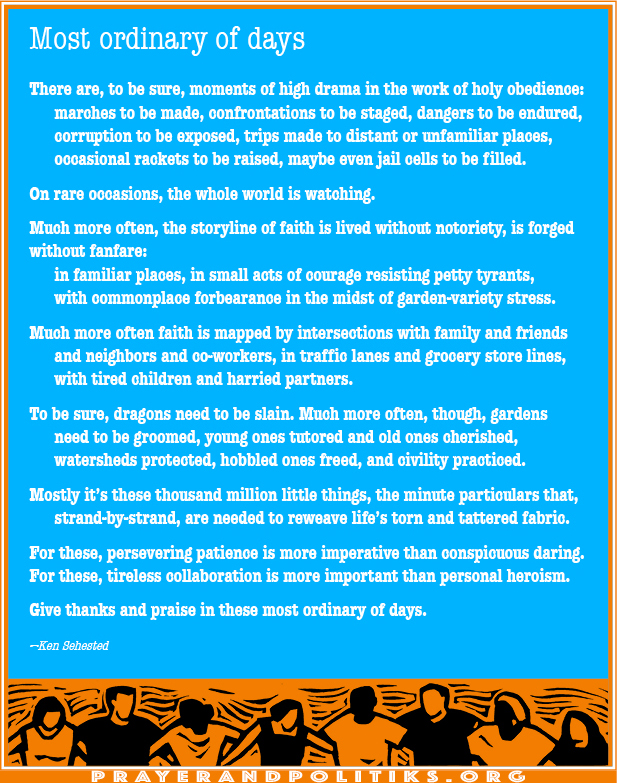
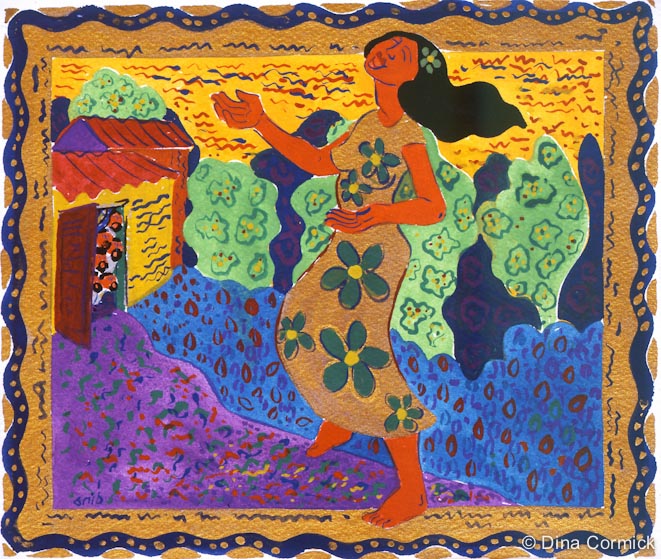 concerns about Clinton’s entanglement with Wall Street’s domination of our economy along with her militarized foreign policy instincts.
concerns about Clinton’s entanglement with Wall Street’s domination of our economy along with her militarized foreign policy instincts. town on the western shore of the Sea of Galilee) was the Christian community’s first evangelist, since it was she to whom the resurrected Jesus appeared, instructing her to “go tell the others.”
town on the western shore of the Sea of Galilee) was the Christian community’s first evangelist, since it was she to whom the resurrected Jesus appeared, instructing her to “go tell the others.” Another explanation might be envy, over the fact that the Gospel accounts feature a female with such prominence, outshining the male Apostles, refusing to abandon Jesus in his crucifixion and is first to meet the resurrected Christ. The submissive harlot became a foil for the church’s championing of submissive women.
Another explanation might be envy, over the fact that the Gospel accounts feature a female with such prominence, outshining the male Apostles, refusing to abandon Jesus in his crucifixion and is first to meet the resurrected Christ. The submissive harlot became a foil for the church’s championing of submissive women. sanctification, how tradition becomes authoritative, how revolutions are co-opted; how fallibility is reckoned with, and how sweet devotion can be made to serve violent domination—all these cultural questions helped shape the story of the woman who befriended Jesus of Nazareth.” James Carroll, “
sanctification, how tradition becomes authoritative, how revolutions are co-opted; how fallibility is reckoned with, and how sweet devotion can be made to serve violent domination—all these cultural questions helped shape the story of the woman who befriended Jesus of Nazareth.” James Carroll, “
 more than 44,000 of them, up about 15 percent from 10 years earlier.” —Sylvia Harvey, “
more than 44,000 of them, up about 15 percent from 10 years earlier.” —Sylvia Harvey, “
 ¶ Bumper sticker prophecy. “I’ll believe corporations are people when Texas executes one.”
¶ Bumper sticker prophecy. “I’ll believe corporations are people when Texas executes one.” visualizes an alternative future to the one apparently fated by the momentum of current forces. Prayer infuses the air of a time yet to be into the suffocating atmosphere of the present. . . . This is the politics of hope. Hope envisages its future and then acts as if that future is now irresistible, thus helping to create the reality for which it longs.” —Walter Wink, The Powers that Be: Theology for a New Millennium. Here’s a
visualizes an alternative future to the one apparently fated by the momentum of current forces. Prayer infuses the air of a time yet to be into the suffocating atmosphere of the present. . . . This is the politics of hope. Hope envisages its future and then acts as if that future is now irresistible, thus helping to create the reality for which it longs.” —Walter Wink, The Powers that Be: Theology for a New Millennium. Here’s a 
 pleasure and satisfaction from being herself—a person built from the loving use of God-given creativity, power and goodness. When that goodness takes up residence in us we realize that we are the living image of God, and that makes us happy.” —Ellen T. Charry, “Happy pursuits: A Christian vision of the good life,” Christian Century
pleasure and satisfaction from being herself—a person built from the loving use of God-given creativity, power and goodness. When that goodness takes up residence in us we realize that we are the living image of God, and that makes us happy.” —Ellen T. Charry, “Happy pursuits: A Christian vision of the good life,” Christian Century
 but brutal arms they be,
but brutal arms they be, Demand an answer:
Demand an answer: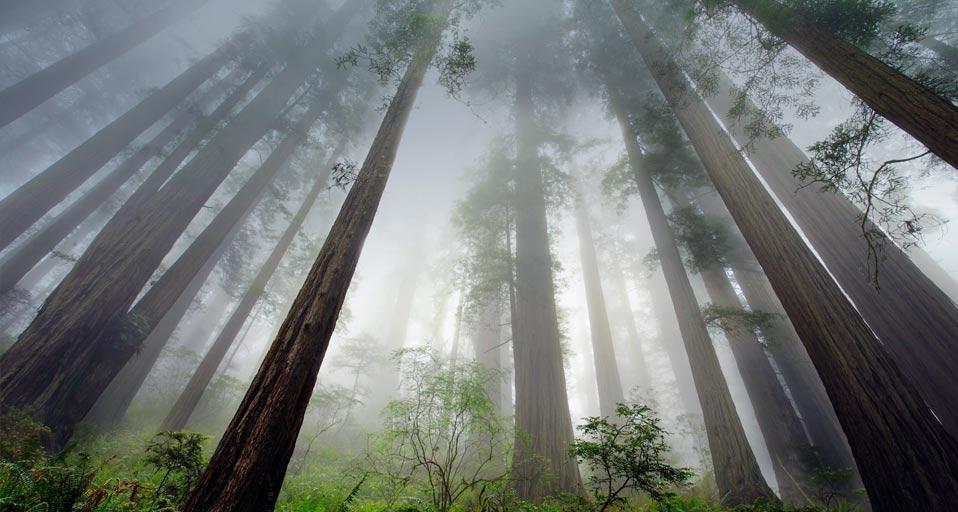
 grandparents worked in that same region under the feudal arrangement charitably called “sharecropping.”
grandparents worked in that same region under the feudal arrangement charitably called “sharecropping.”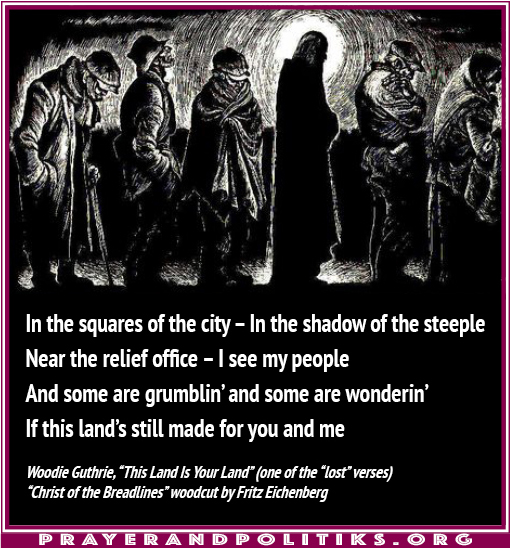 wanted him anyway, given his disavowal of any political doctrine willing to sacrifice actual human beings on the altar of ideals.
wanted him anyway, given his disavowal of any political doctrine willing to sacrifice actual human beings on the altar of ideals. the pyrotechnics expert on the afternoon NPR hour who said he still prefers the “big boom” type over the advanced visual displays.
the pyrotechnics expert on the afternoon NPR hour who said he still prefers the “big boom” type over the advanced visual displays.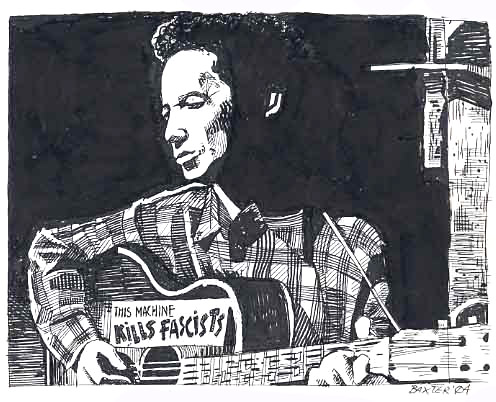 ¶ Hymn of intercession. “
¶ Hymn of intercession. “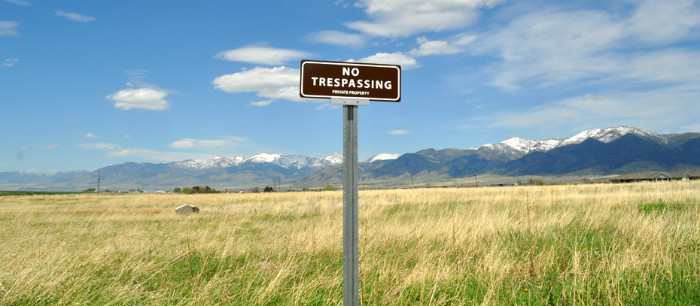 "mountain, moor, heath, down and registered common land." Developed land, gardens and certain other areas are specifically excluded from the right of access. Agricultural land is accessible if it falls within one of the categories described above. Most publicly owned forests have a similar right of access by virtue of a voluntary dedication made by the Forestry Commission. People exercising the right of access have certain duties to respect other people's rights to manage the land, and to protect nature.
"mountain, moor, heath, down and registered common land." Developed land, gardens and certain other areas are specifically excluded from the right of access. Agricultural land is accessible if it falls within one of the categories described above. Most publicly owned forests have a similar right of access by virtue of a voluntary dedication made by the Forestry Commission. People exercising the right of access have certain duties to respect other people's rights to manage the land, and to protect nature. ¶ Altar call.
¶ Altar call.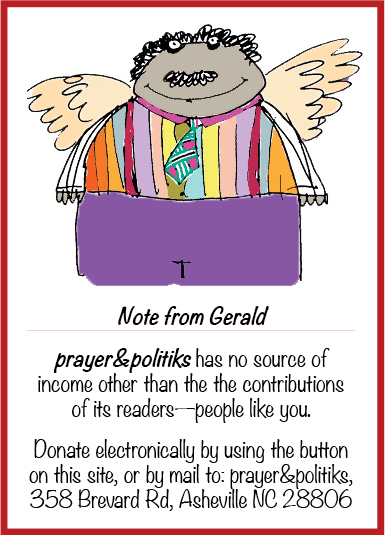 Featured this week on prayer&politiks
Featured this week on prayer&politiks